June 7 marks World Food Safety Day 2025, observed globally under the theme “Food Safety: Science in Action.” Spearheaded by the Food and Agriculture Organization (FAO) and the World Health Organization (WHO), this year’s campaign highlights how science is being used to prevent foodborne illness, improve oversight and build trust across supply chains.
In 2024, the US recorded 296 food recalls — on par with the previous year — but their impact was significantly greater: 1,392 people fell ill, 487 were hospitalized and 19 died due to contaminated food.
In April 2025, the FDA temporarily suspended routine milk quality testing due to workforce shortages. Delays in posting warning letters and slower outbreak reporting further raised concerns about regulatory capacity during critical periods.
Still, science-driven efforts to ramp up food safety have continued to advance, from production to point of sale. Here’s a look at some recent global updates.
Global Science-Backed Food Safety Innovations
Codex Allergen Labeling Guidelines
In 2024, the Codex Alimentarius Commission adopted updated international standards for allergen labeling. The new guidance refines thresholds for high-risk allergens and encourages digital traceability, addressing the sharp rise in undeclared allergen recalls. This global effort supports harmonization across regions.
EFSA’s Predictive Microbiology Expansion
The European Food Safety Authority (EFSA) expanded its predictive microbiology platform to simulate Listeria monocytogenes growth under fluctuating cold-chain conditions. The tool helps ready-to-eat food producers assess spoilage risk using temperature data — giving manufacturers a science-backed edge in shelf-life planning.
PURE Bioscience’s Antimicrobial Membrane Treatment
This month, California-headquartered PURE Bioscience launched a new membrane treatment system for dairy and beverage processors. Using silver dihydrogen citrate (SDC) technology, the solution inactivates bacteria in under two minutes and has earned NSF certification for safe use in food processing.
SavorEat’s Robot Chef 2.0 Achieves UL Safety Certification
SavorEat, an Israeli food robotics company, has achieved a significant milestone with its Robot Chef 2.0 receiving UL (Underwriters Laboratories) safety certification. This certification confirms that the device meets stringent safety standards required for commercial kitchen use in the US.
Robot Chef 2.0 is an automated solution designed to prepare plant-based patties with minimal human contact, aiming to enhance efficiency and hygiene in foodservice operations. The UL certification not only validates the safety and operational standards of the device but also paves the way for its broader adoption in commercial kitchens across the US. By limiting manual handling, the system helps commercial kitchens minimize the risk of cross-contamination.
What’s Happening in Food Traceability
The FDA’s Food Traceability Final Rule, originally slated for enforcement in January 2026, has been delayed by 30 months. While implementation is paused, the rule remains central to food safety modernization. Once in effect, it will require electronic recordkeeping for high-risk foods such as soft cheeses, shell eggs and leafy greens, with the goal of accelerating tracebacks and reducing contamination risks.
Chicago-based FoodReady introduced major platform upgrades in 2025, including AI-powered Hazard Analysis and Critical Control Points (HACCP) planning, smart inventory tracking and lot-level traceability tools that align with food traceability, and support readiness even during delays.
The global food traceability market is projected to grow from $23.8 billion in 2024 to $38.5 billion by 2029, reflecting sustained demand for transparency and faster recall response across the industry.
A Quick Look at Recent Food Safety Incidents
One of the most consequential outbreaks in 2024 involved a Salmonella outbreak linked to cucumbers distributed by Fresh Start Produce Sales Inc., which resulted in 551 illnesses and 155 hospitalizations across 34 states and Washington, DC.
More recently, a Salmonella outbreak was traced to cucumbers grown by Florida-based Bedner Growers and distributed by Fresh Start Produce Sales, affecting 45 people across 18 states. The FDA linked the contamination to untreated canal water and found the same strain during a follow-up inspection tied to a larger 2024 outbreak.
Another high-profile incident was tied to E. coli contamination from slivered onions served on McDonald’s Quarter Pounders. The outbreak resulted in 104 illness cases, 34 hospitalizations and one death across 14 states.
Other major recalls in 2024 included frozen waffles, raw carrots, ground beef, cinnamon (due to lead contamination) and various ready-to-eat meats. The leading causes were pathogens (39%), undeclared allergens (34%), toxic contaminants like lead (13 recalls) and foreign materials such as plastic or metal (12 recalls).
As these cases show, even a single delayed recall can lead to widespread exposure. Improving response time, traceability and supplier oversight remains essential to building food systems that are both resilient and science-ready.
If you want your company to be featured on Xtalks.com, please email [email protected].

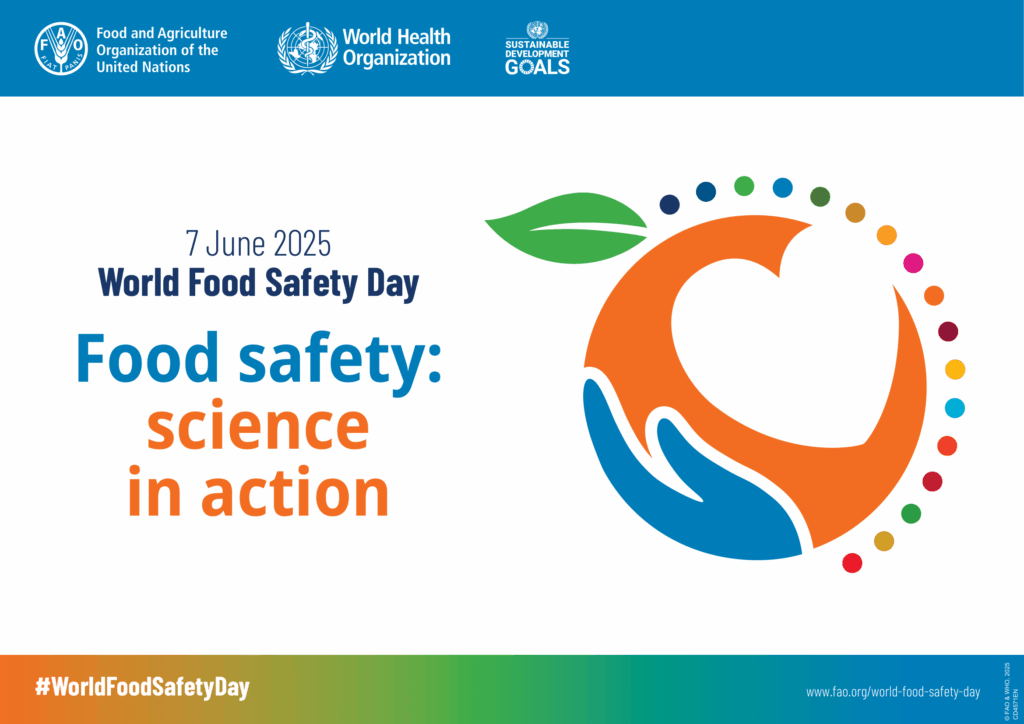
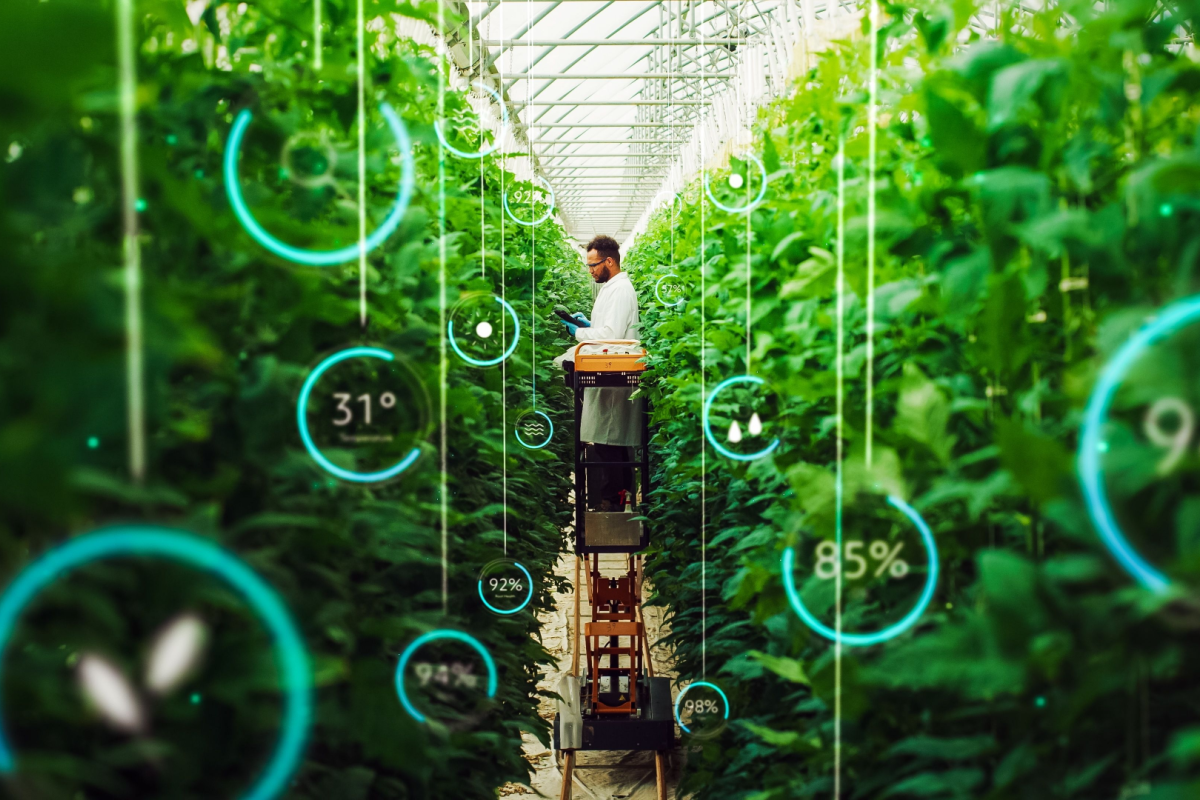
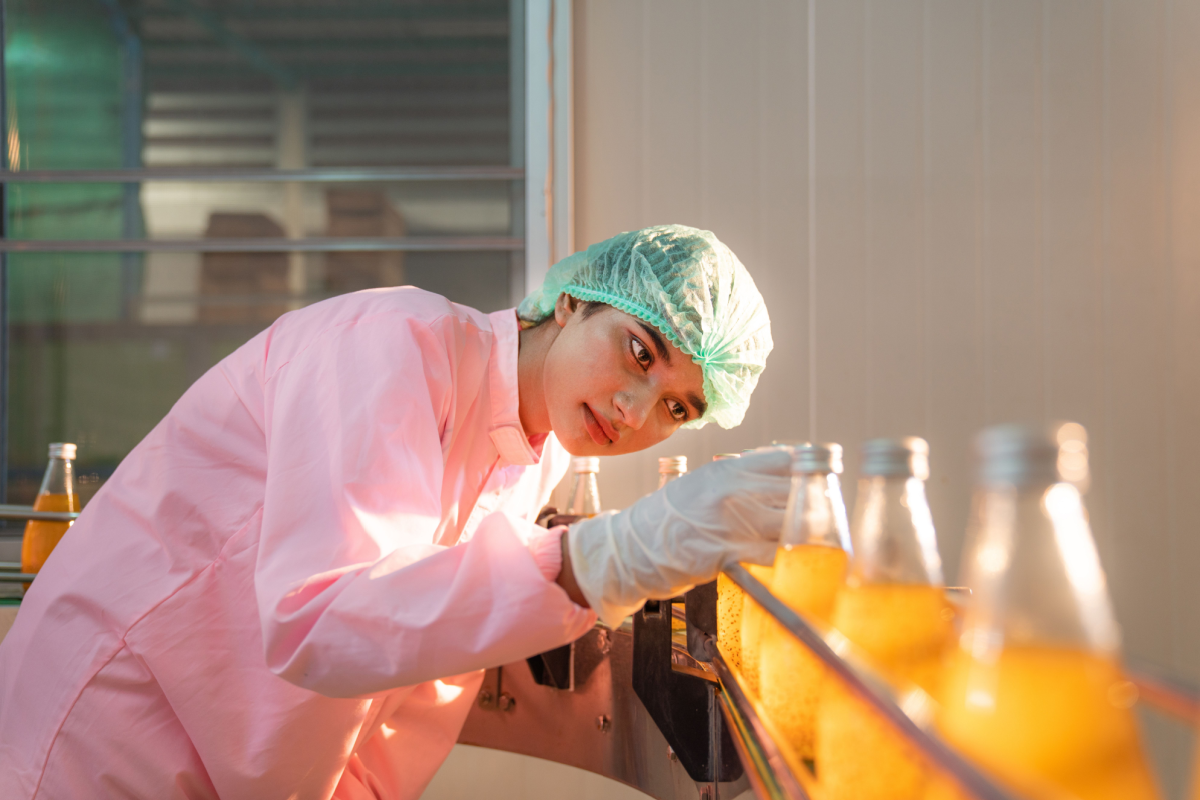
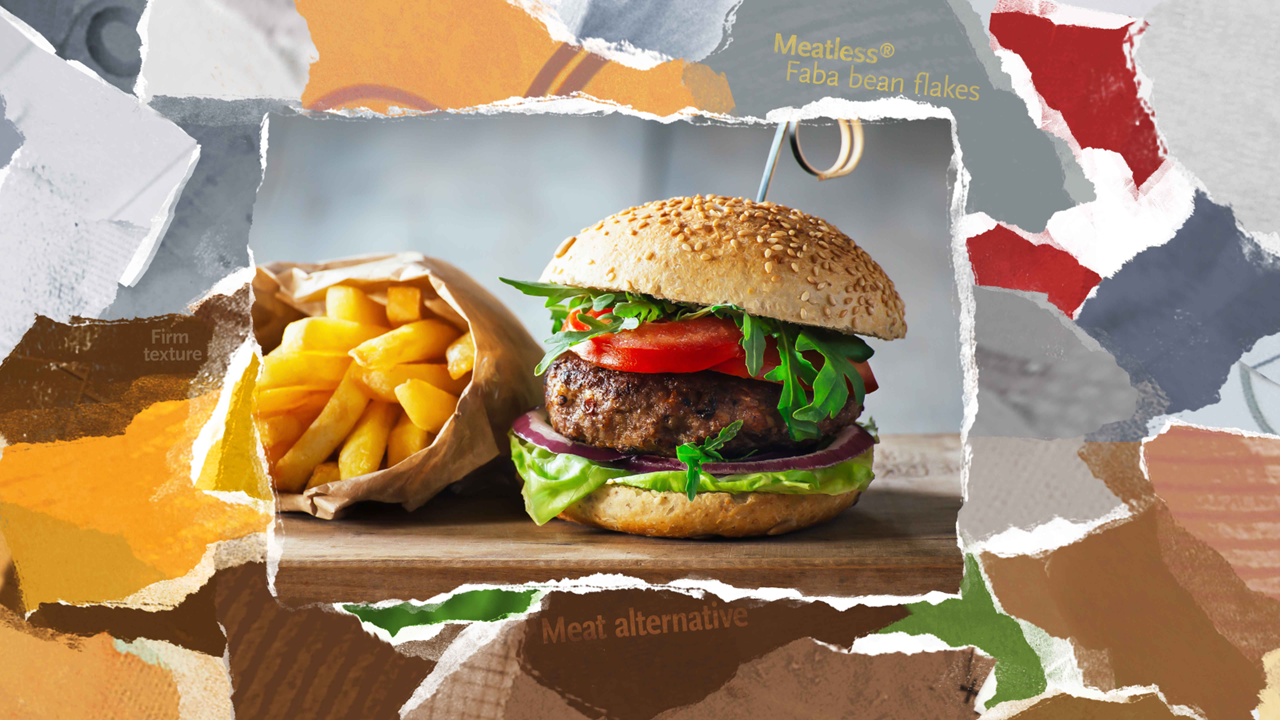
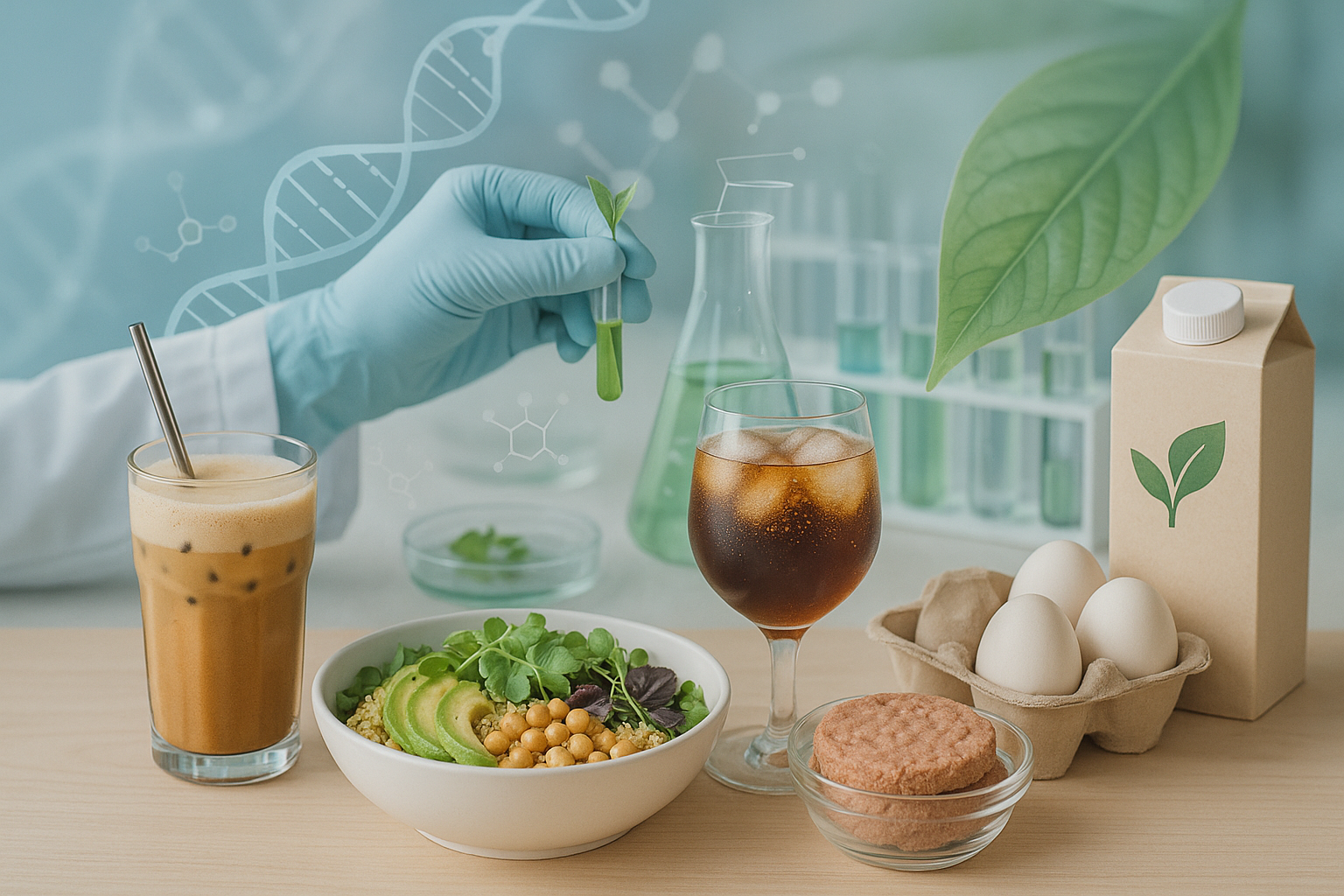
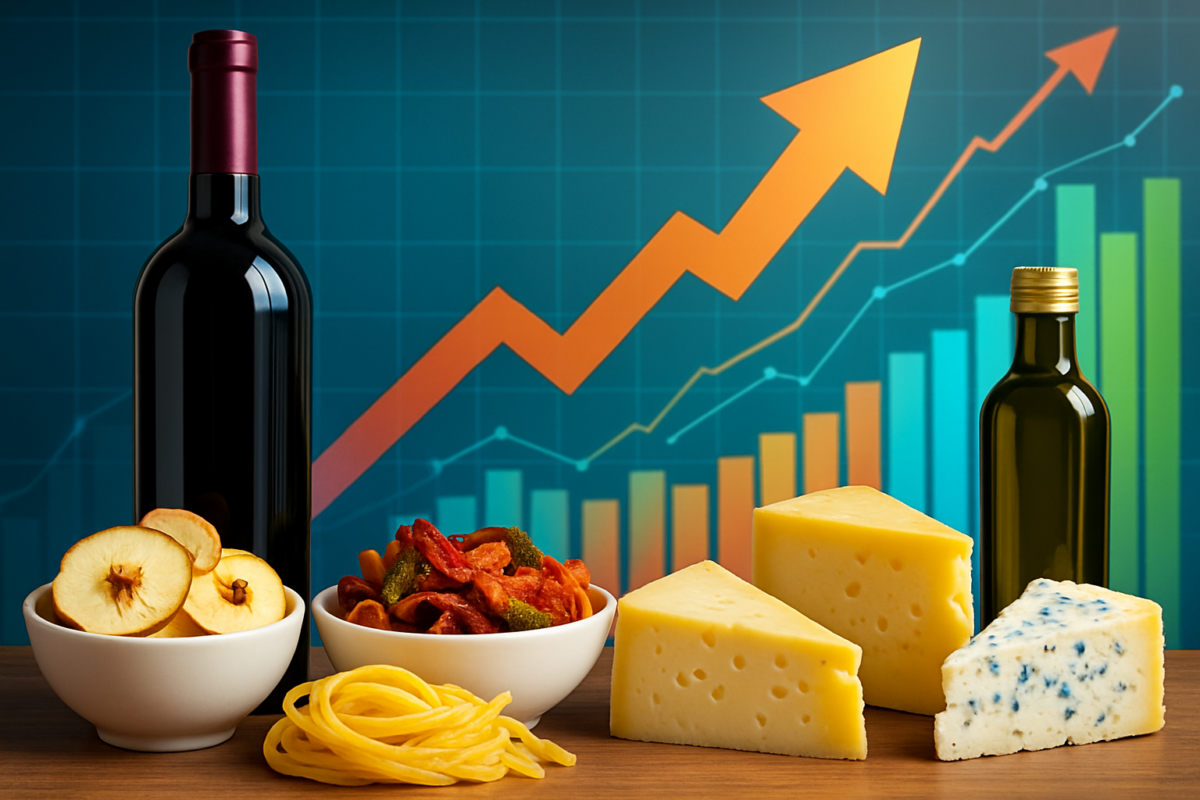





Join or login to leave a comment
JOIN LOGIN